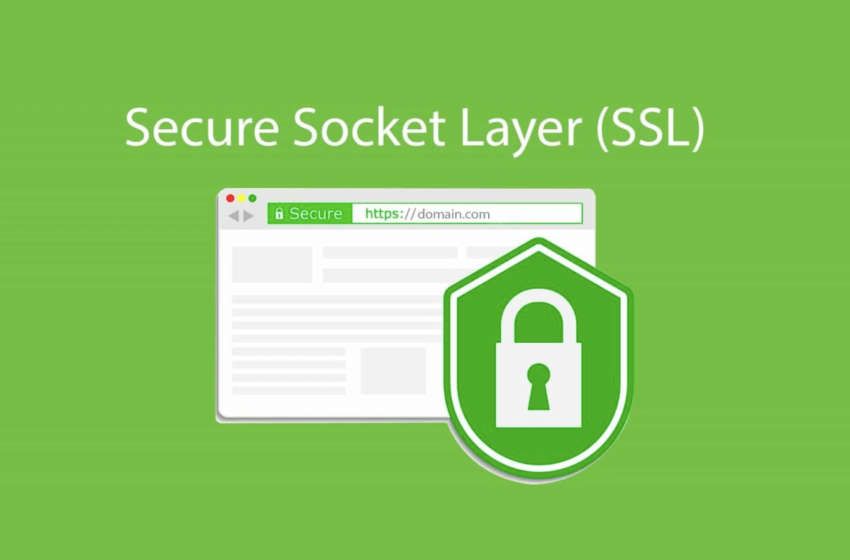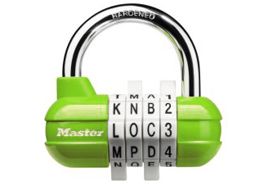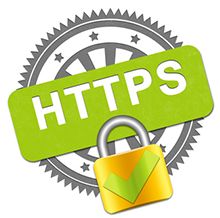
‘SSL’ is the equivalent of ‘Secure Socket Layer’ in English. Although it is the equivalent of the words ‘Secure, Socket and Layer’, it has a different meaning in terms of function. It is also known as ‘Web Server Certificate’, ‘Security Server Certificate’.
‘SSL’ technology is a standardized application that provides encryption between users and e-commerce sites. It is used to ensure the security of both the client and the site. It especially protects credit card number and security information. If we see SSL as a layer, data passes between two applications using this layer; Thanks to encryption formulas, this transition becomes safe.

Most used browsers such as Internet Explorer and Firefox support SSL; Likewise, the servers that create web pages are also SSL compatible, so the information flow becomes secure when the connection is established.
The way SSL works is through keys. These are called ‘Public Key’ or ‘Private Key’. These keys are not immutable with security in mind; For this reason, various certificates have been produced for both the server and the browser, and their name is ‘SSL Certificate’.

One way to understand whether the site you are visiting, such as a shopping site, is SSL compliant and secure is to look at the address bar. If there is a small yellow padlock-shaped sign, and the address starts with ‘https’ instead of ‘http’, you will know that you are on a secure site. Or, if you see a green or blue address bar, you can still tell you’re safe.
Finally, there are many brands on the market that provide SSL certificates. Some globally recognized certification providers; They are VeriSign, Comodo, Geotrust, and RapidSSL.




